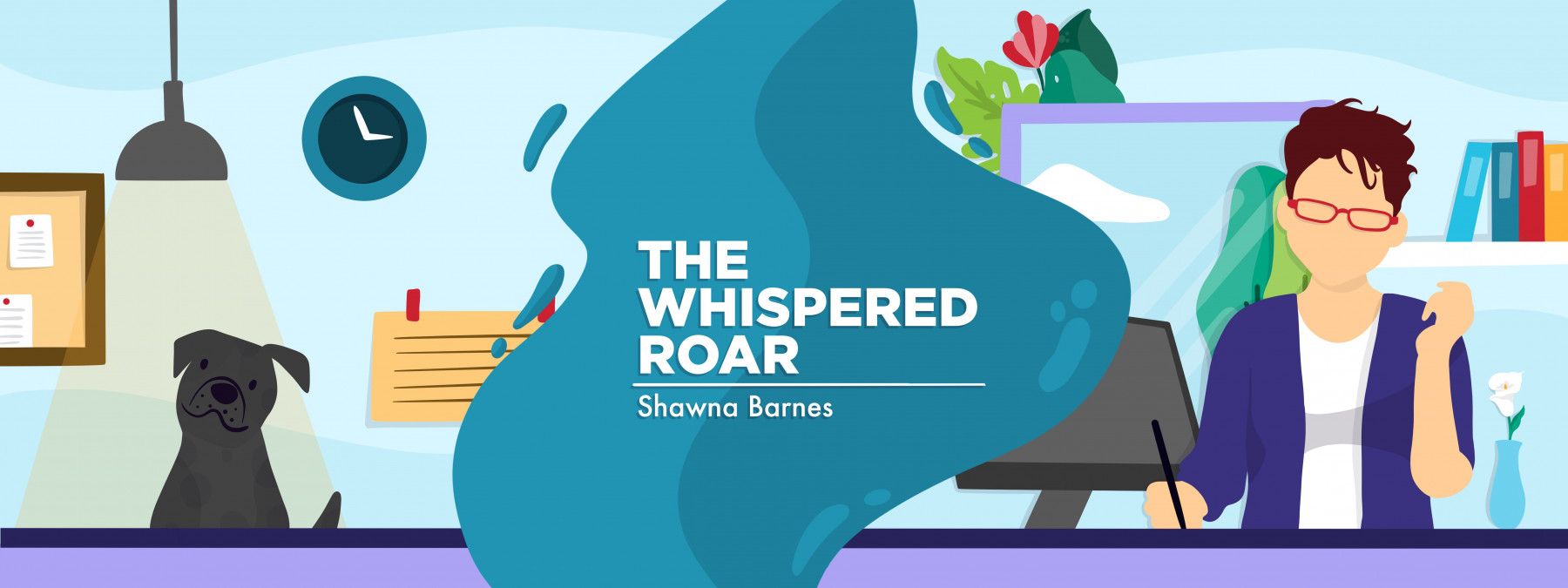The Help I Especially Love From My Caregiver and Spouse
How we cherish the intimacy of a basic daily task, now difficult because of MG
Written by |

I’d been home from the hospital after my first myasthenic crisis for about two weeks when my husband looked at me as he’d never looked at me before and asked, “Honey, do you need help with showering?”
I looked at him and instantly started to cry. Who wants to admit that they’re unable to perform basic hygiene tasks independently?
It had been two weeks since I’d been home and two weeks since I’d showered. Until then, I’d often gone a week or more without showering by using Wet Ones or a sponge bath to wipe down the necessary areas.
Why wasn’t I showering? Several factors came into play:
- Heat exacerbates my symptoms, so taking a hot shower often left me weak, fatigued, and short of breath, as well as making my eye droop (ptosis). And I just couldn’t take a lukewarm or cold shower.
- The edge of the tub was a trip hazard. Even with the shower chair, I was scared my legs would be too weak and I’d trip, especially when getting out of the shower.
- Washing my hair was exceptionally fatiguing and would produce “dead arm,” where my arms felt heavy and full of cement, like dead weight. I wouldn’t even be able to use conditioner because my hair would wad too much.
- Washing my body was difficult. I often couldn’t hold the soap with my hands due to grip strength issues, so I was dropping it constantly. Yes, even using liquid soap and a loofah. I tried a handled brush, but faced the same issues with grip strength and arm fatigue.
So at some point, showers got fewer and further between. Until my husband noticed.
Acknowledging and admitting that I needed help were huge hurdles for me to overcome. It meant accepting one more thing myasthenia gravis had taken from me.
But it also provided a new way for my husband and me to connect. He immediately flipped the script, and rather than focus on what he had to do for me, he said that it wasn’t every day that couples were together in such an intimate way as when he helped wash and condition my hair or cleanse my body.
Living with myasthenia gravis can be hard. I’m thankful to have amazing support from my husband, as both my spouse and my caregiver.
November is National Family Caregivers Month. The unsung heroes for many of us in rare disease communities are those who help us live as independently as possible by putting in untold work behind the scenes. Make sure to let them know how much they’re appreciated and valued; it’s not an easy job.
Note: Myasthenia Gravis News is strictly a news and information website about the disease. It does not provide medical advice, diagnosis, or treatment. This content is not intended to be a substitute for professional medical advice, diagnosis, or treatment. Always seek the advice of your physician or other qualified health provider with any questions you may have regarding a medical condition. Never disregard professional medical advice or delay in seeking it because of something you have read on this website. The opinions expressed in this column are not those of Myasthenia Gravis News or its parent company, Bionews, and are intended to spark discussion about issues pertaining to myasthenia gravis.




Leave a comment
Fill in the required fields to post. Your email address will not be published.